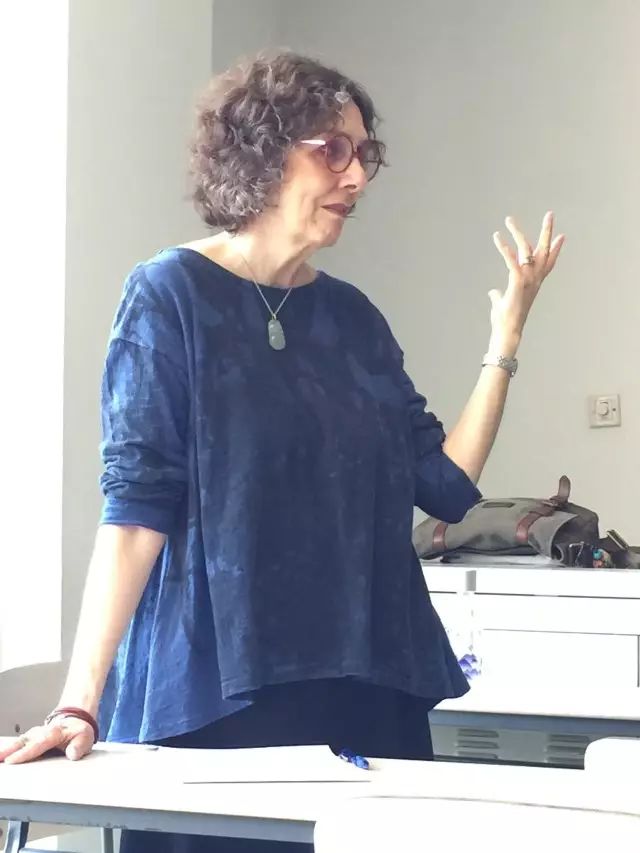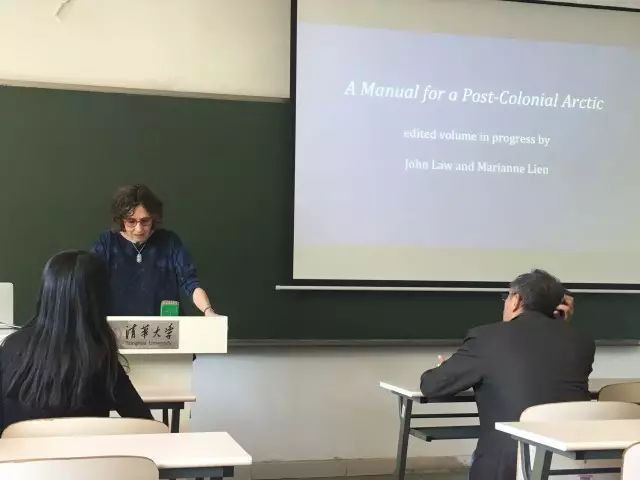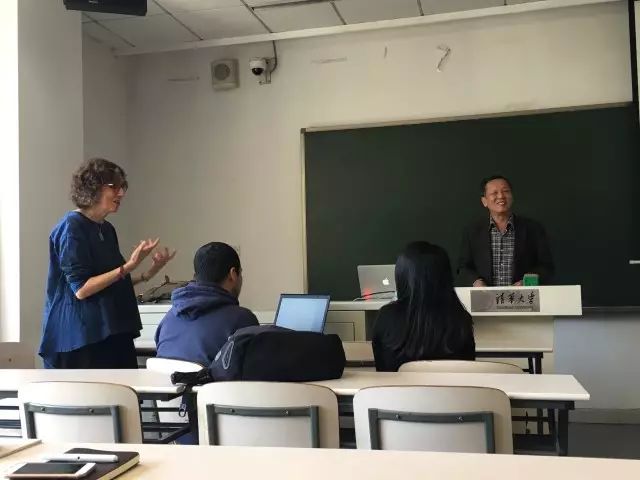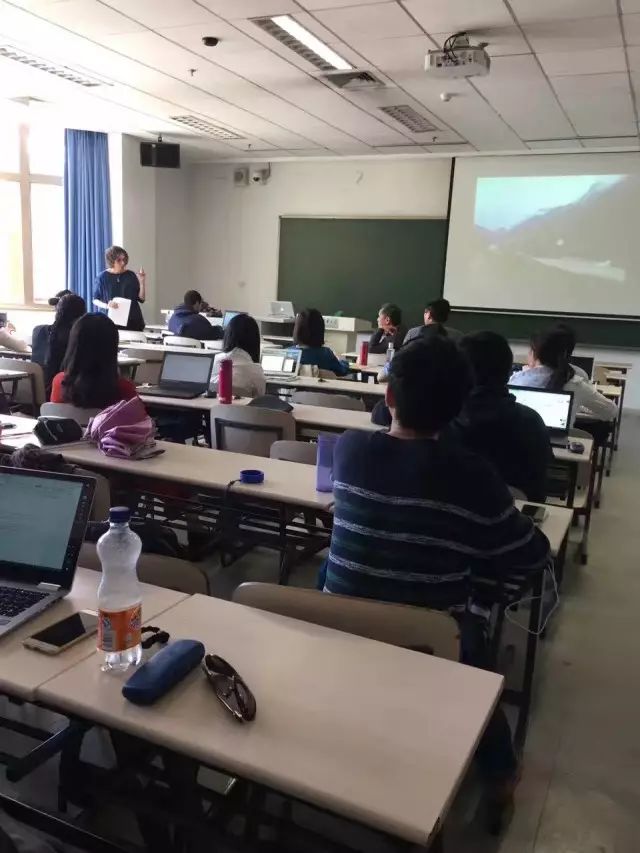点击上方“清华STS” 可以订阅哦!


核心观点选编
清华大学科学社会学与政策学沙龙第107期
Local Knowledge, or Field Notes from an Other Medicine
本次讲座,冯珠娣教授介绍了她和赖立里(北京大学医学人文研究院副教授)共同合作的文章《草药师Lei如何避免被正规民族-药理-植物学同化(How Herbalist Doctor Lei Avoids Assimilation to Official Ethno-Pharmaco-Botany)》(2017)。这是她们受约翰·劳(John Law)的邀请,为约翰·劳和玛丽安·里恩(Marianne Lien)的《后殖民时代北极圈手册》(A Manual for a Post-Colonial Arctic)所撰写的文章。讲座开场,冯珠娣讲述了她和赖立里之所以参与到约翰·劳这项工作的原因。约翰·劳在科学的社会研究领域享有盛誉,而他同时对人类学研究方法抱有很大兴趣。他和冯珠娣都关注于实践的细节,这亦是人类学和科学的社会研究的共同特点,即着意于研究科学,或者说知识,实际上是如何产生的。这类研究的结果通常以独特的故事形式而呈现,促使我们去重新思考关于现代科学胜利的这种传统式宏大叙事。冯珠娣介绍说,约翰·劳的工作是一种将知识多元化,并且重新恢复科学的地方性、偶然性以及短暂性的方式,而这正是她对人类学的兴趣所在,即获得认知的途径远不止如今这个科学世界所使用的科学途径。因此,她所讲述的这项最新工作就展示了地方性知识和全球化科学的碰撞,在这一碰撞过程中,权力、专业知识以及真理,在科学世界之外的其他世界中的不同理解得以展现。

从2010年起,冯珠娣和赖立里参与了中国政府的“发掘整理少数民族医药”的项目,开始在中国南部各地区进行民族志研究。讲座的主体部分,冯珠娣介绍了她们在2014年7月拜访了一个位于云南怒江某村庄的本地医生之后,所撰写的田野笔记的摘要,主要描述了这个医者的教育、知识,以及行业秘密的相关情况。这个田野调查案例生动有趣的展示了地方性医学的独到之处。例如,在其田野笔记中,强调了所谓“土办法”对于治疗当地疾病的功效,强调了“地方性疾病”的独特性。西方医学来自外部世界,而本地的疾病具有地方性特点,所以外来的医学不能有效治疗地方性疾病。可以看到,当地的地方性医学是一种非常丰富的、不同于其他外部世界的独特实践。通过这个案例,展示了地方性专家可以教授来自外部世界的学者和科学家完全不同的认知文化和认知自然的方式。当代科学无法描绘整个世界,不同的世界有不同意义上的文化和自然。

冯珠娣演讲结束之后,清华大学科技所刘兵教授对其演讲进行了精彩的评论,提出了数个敏锐犀利的问题。例如,其田野调查对象,这位本地医疗者的教育背景是什么?如果他不是纯本土的医学背景,并且接受过西医的教育,那么会对其医学实践产生何种影响?又该如何给他定位?患者认同在这个案例里是如何表现的?另外,我们应该在什么意义上使用中医这个术语?中医包含诸多不同种类的少数民族医学,又该如何定义中医?此外,当我们谈及后殖民问题的时候,相比较西医而言,中医是一种后殖民医学;但是,相比较中医而言,其他少数民族医学是否又是一种更弱的后殖民医学?刘兵教授提出的诸多问题,引发了热烈的讨论。其中又涉及到关于医药法和医生资格认证的讨论、关于医学理论与实践的讨论、以及关于边界争论的讨论。赖立里老师作为论文的合作者也作出回应,并且提出了进一步的思考。



本次讲座以医学人类学的田野调查为例,为我们展示了地方性医学的独特性和丰富性,并为超越科学一元论的多元文化观提供了案例支持。

附:英文版
Local Knowledge, or Field Notes from an Other Medicine
In our 107th Salon of Sociology of Science and Science Policy, Prof。 Judith Farquhar introduced her recent article entitled “How Herbalist Doctor Lei Avoids Assimilation to Official Ethno-Pharmaco-Botany” (2017), to be published in “A Manual for a Post-Colonial Arctic” edited by John Law and Marianne Lien。 At the beginning of her talk, Prof。 Farquhar explained why she and Prof。 Lili Lai, her collaborator, accepted the invitation by John Law, who is well known in science studies and has great sympathy for anthropological research。
Law and Prof。 Farquhar both concentrate on the details of practices, which is characteristic of both anthropology and science studies。 They attend closely to how science, or knowing, is actually done。 Invariably, the results of such studies, often in the form of particular stories, suggest that we must reconsider certain aspects of conventional grand narratives about the triumph of modern science and the rule of objective reason in today’s world。 According to Prof。 Farquhar, the work of John Law can be seen as a way of pluralizing knowledge, recovering local, contingent and ephemeral forms of science。
And this is Prof。 Farquhar’s anthropological interest in styles of knowing far beyond the laboratories and observatories and computer servers of the scientific world。 The story she told just shows the encounter between local knowledge and global science。 In the course of encounters, some rather distinct worlds of authority, expertise, and truth take shape。
Since 2010, Prof。 Farquhar and Prof。 Lai have been engaging in the activities of “salvage and sort” minority nationality medicines endorsed by the Chinese government。 They traveled many places in southern China doing ethnographic research。 Prof。 Farquhar presented excerpts from field notes that they wrote in July, 2014 after a visit with a respected village healer, in the Nujiang area of Yunnan Province。 She mainly explored this healer’s education, knowledge, and trade secrets。 This story vividly and interestingly represents the uniqueness and specificity of local medicine。
For instance, she emphasized the effect of “down-to-earth methods (local methods, 土办法)” to local illness and emphasized the particularity of local diseases。 Western medicine comes from the outside world, but the local diseases have local characteristics。 Therefore, exotic medicine cannot have effect to local diseases。 It can be seen from this case that the local medicine is a different world of practice with rich experiences。 And local experts can teach scholars and scientists much about how to know both culture and nature, differently。 Science can never depict a one-world, and different worlds have their different culture and different nature。
After the talk of Prof。 Farquhar, Prof。 Bing Liu at Tsinghua University commented on her talk and raised several questions。 For example, what is Dr。 Lei’s educational background? If his educational background relates to other medicines, even western medicine, then what is the influence of this educational background on his medical practices? How should we locate him? Moreover, how about the situation of the identification of local patients in this case? In addition, speaking of Chinese medicine, it includes a lot of minority medicines。
Therefore, when we use the term Chinese Medicine, how should we understand it? Besides, the Traditional Chinese Medicine can be seen as a post-colonial medicine comparing with the Western Medicine。 Similarly, other minority medicines can be seen as post-colonial medicines comparing with the Traditional Chinese Medicine。 So, how shall we understand the post-colonial issue? Prof。 Liu raised lots of interesting questions, which led to heated debates and deep thinking。 Other issues raised include: the state standardization and regulation of medical practice, medical theory and medical practices, and boundary disputes and classification。 Prof。 Lai also responded as the co-author of the paper。
To conclude, this Salon shows the richness and uniqueness of local medicine, using field work of medical anthropology. This Local Knowledge’s way of seeing provides us with multiple worlds that can surpass the scientific monism.

发表评论